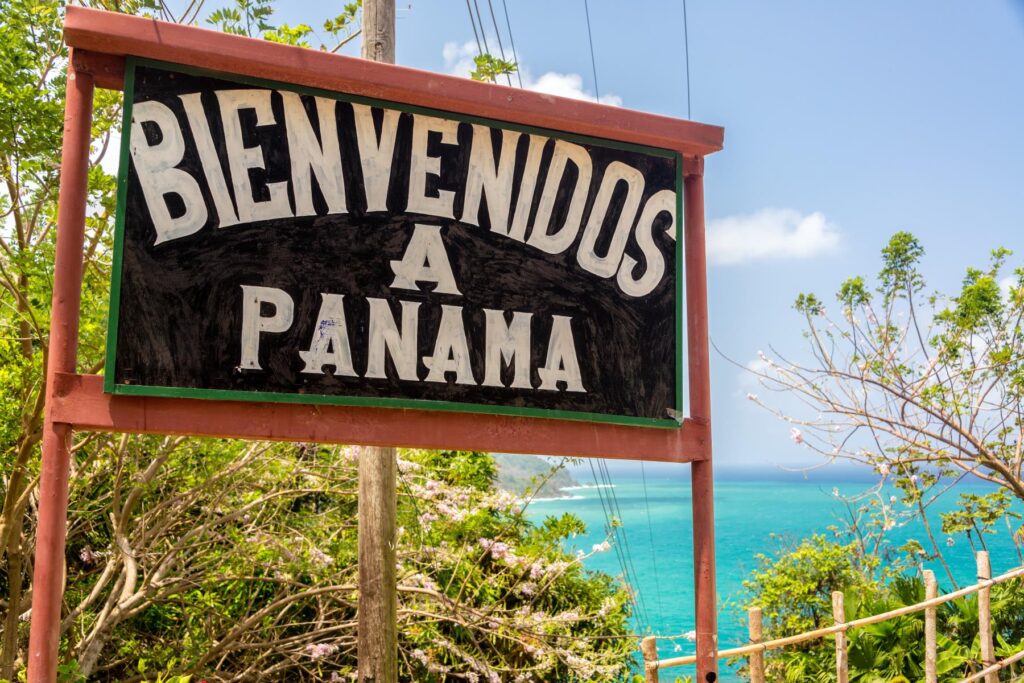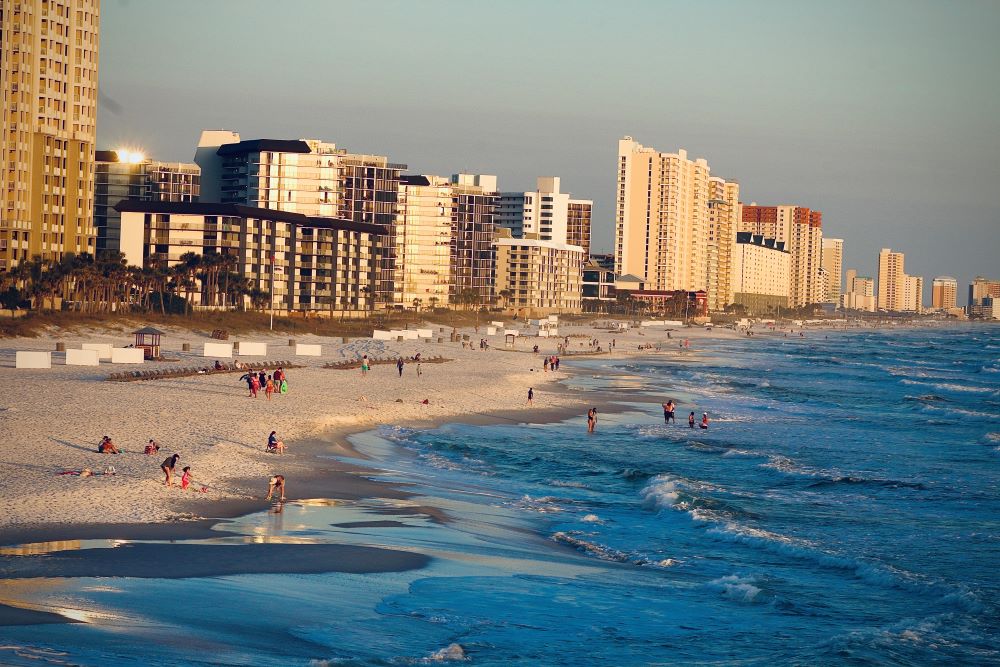
We often get the following question: How to Stay Safe While Traveling to Panama? Follow our tips and stay safe! Panama is a stunning country that is home to a diverse range of tourist destinations. Every year, millions of visitors flock to this Central American country to enjoy its vibrant culture, tropical climate, and natural beauty. However, like any other place, there are certain risks associated with traveling to Panama, and it is essential to take precautions to stay safe while exploring this wonderful destination.
One of the most important things to do before traveling to Panama is to conduct thorough research. This includes learning about the culture, customs, and laws of the country, as well as identifying areas that are considered unsafe or high-risk. Staying informed about the latest travel advisories and warnings issued by the government of your home country is also crucial to understanding the current security situation in Panama.
When it comes to choosing accommodations, it is recommended to stay in safe areas that are popular among tourists, such as Panama City, Bocas del Toro, and Boquete. These areas are well-developed and have a significant presence of law enforcement agencies, which can provide a sense of security to travelers. Staying in these areas can also help visitors to avoid any potential risks associated with less developed or less secure areas of the country.
Another important safety consideration when traveling to Panama is to avoid walking alone at night, particularly in areas that are not well-lit or have a high crime rate. Instead, travelers should consider using a taxi or ride-sharing service to get around. It is essential to only use official taxis that have a company logo or are licensed by the government. Using reputable transportation services can help to ensure that travelers arrive at their destination safely and without incident.
Pickpocketing and bag snatching are common in tourist areas in Panama, so it is crucial to take steps to protect your belongings. Travelers should keep their valuables, such as passports, wallets, and phones, in a secure place at all times. It is also a good idea to avoid carrying large amounts of cash or jewelry in public. Staying aware of your surroundings and being prepared to move away from any suspicious situations can help to reduce the risk of becoming a victim of theft or other crimes.
Scams are prevalent in Panama, especially in tourist areas, so it is important to be cautious and aware of potential scams. Travelers should be wary of people who approach them offering tour packages or claiming to be official government representatives. Before making any payments or providing personal information, it is essential to verify the legitimacy of the person and their claims.
Keeping important documents, such as passports and travel insurance, in a secure place, such as a hotel safe, can also help to protect against theft and other risks. It is also a good idea to make copies of these documents and keep them with you at all times in case of an emergency.
Using public Wi-Fi can put personal information at risk, so it is best to avoid using public Wi-Fi to access sensitive information, such as bank account or credit card details. Instead, travelers should consider using a virtual private network (VPN) or their mobile data to access the internet.
Travelers should also consider carrying a basic first-aid kit with them when traveling to Panama. This kit should include essentials such as bandages, antiseptic cream, pain relievers, and insect repellent. If you have any medical conditions, make sure to bring enough medication to last your entire trip.
Learning basic Spanish can also be helpful for travelers in Panama, as it can help them to navigate unfamiliar areas and communicate with locals. This can also be helpful in case of an emergency when you need to call for help or seek medical assistance.
Finally, it is essential to have emergency contact information with you at all times, such as the contact details of your embassy or consulate, local police, and your hotel. In case of an emergency, having quick access to these contact details can make a significant difference in getting the help you need quickly.
In the event of a medical emergency, travelers can seek help from any of the hospitals or clinics in Panama. However, it is essential to note that medical facilities outside of Panama City may not be as well-equipped as those in the city. If you have a pre-existing medical condition, it is essential to consult with your doctor before traveling to Panama and carry any necessary medication with you.
If you find yourself in an emergency situation, such as being involved in a car accident or experiencing a crime, it is important to stay calm and call for help immediately. If you are in a crowded area, try to move to a safe place and call the police or emergency services. It is also important to notify your embassy or consulate, as they can provide assistance and support in case of an emergency.
Travelers should also be aware of the natural hazards in Panama, such as hurricanes, flooding, and earthquakes. During the rainy season, which runs from May to November, flooding and landslides can occur, particularly in mountainous areas. It is important to monitor weather updates and avoid traveling in affected areas during extreme weather conditions.
Earthquakes can also occur in Panama, particularly in the western part of the country. Travelers should be aware of emergency procedures and evacuation routes in case of an earthquake. It is also essential to have a basic emergency kit with supplies such as food, water, and a flashlight in case of a power outage.
Conclusion:
In conclusion, while Panama is a beautiful country to visit, it is important to take precautions to stay safe while traveling. Conducting thorough research, staying in safe areas, avoiding walking alone at night, protecting your belongings, and being aware of potential scams can all help to reduce the risk of becoming a victim of crime. Having emergency contact information, carrying a basic first-aid kit, and being prepared for natural hazards can also help to ensure a safe and enjoyable trip to Panama. Remember to stay vigilant, stay informed, and enjoy all that this wonderful country has to offer.




Questions or interested in advertising? Mail info@love2blog.com